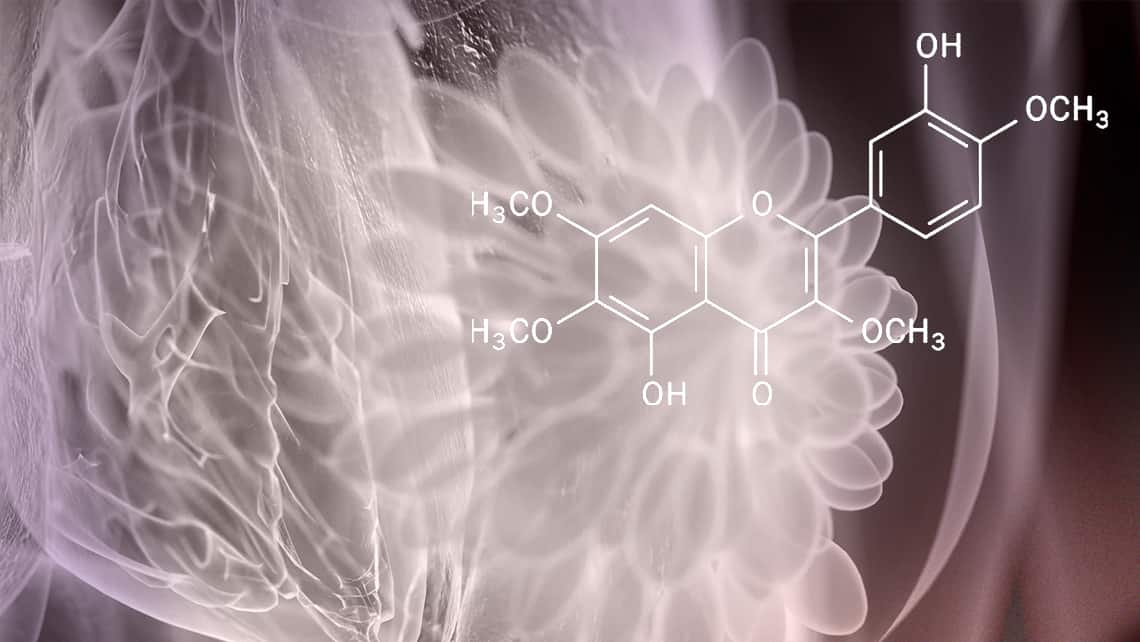
Hyperprolactinaemia: excess of prolactin and fertility
Prolactin is a hormone that is produced by the pituitary gland and although it also forms part of the stress hormone circuit, it plays a vital role in breast development during pregnancy and the production of breast milk after giving birth.
Índice
Male and Female hyperprolactinaemia symptoms
Increased Prolactin in premenopausal woman
Inappropriate elevation of prolactin, known as hyperprolactinaemia, results in Hypogonadotropic Hypogonadism with symptoms including:
- Menstrual alterations ranging from alteration of the regular cycle to the complete absence of menstruation.
- Infertility due to altered ovulation or complete absence of ovulation with difficulty in getting pregnant or repeated miscarriages.
- Discharge of milk from the breasts in women who are not pregnant or breastfeeding a baby (galactorrhoea).
- Other associated symptoms that may appear are: headaches, decreased libido, hirsutism or excess hair, especially when associated with Polycystic Ovary Syndrome (PCOS).
Mild hyperprolactinaemia may cause infertility even in the absence of menstrual cycle abnormalities.
Increased Prolactin in the male
Hyperprolactinaemia in males also causes Hypogonadotropic Hypogonadism, which is manifested by:
- Decreased testosterone with decreased energy and libido, impotence and, in the long term, decreased muscle mass, decreased body hair and osteoporosis.
- Erectile dysfunction
- Infertility
- Breast enlargement (gynaecomastia) or even, on rare occasions, galactorrhoea, although this occurs less frequently than in women.
As in women, there is a rough correlation between the presence of any of these symptoms and the degree of hyperprolactinaemia..
Causes of hyperprolactinemia
Prolactin elevation has the same causes in women and men.
- Physiological causes: insomnia, stress, too much exercise, excessive breast manipulation.
- Diseases: hypothyroidism, polycystic ovary syndrome and others.
- Some medication, such as that used to stop sickness and nausea.
- On rare occasions, pituitary tumours called prolactinoma that can be controlled with medication in the majority of cases.
Diagnosing hyperprolactinemia
If a woman is thought to have abnormally high levels of prolactin, a test to determine the prolactin blood levels will be carried out regardless of the day of the menstrual cycle. This should be done in the morning, while resting, and stressful situations that can raise the levels must be avoided. If the levels are found to be high, this must confirmed with at least one more test.
When a high level of prolactin has been confirmed pregnancy, taking medication that increases prolactin levels, hypothyroidism and/or polycystic ovary syndrome can be ruled out.
After ruling out the possible causes, if the increased level of prolactin is significant and there is still no explanation for this, a pituitary MRI is carried out to determine whether there is a pituitary tumour (adenoma) producing the prolactin (prolactin-producing pituitary adenoma).
Treating hyperprolactinemia and fertility
When there is a known cause for this such as a medication, hypothyroidism… it must be treated to get the prolactin levels back to normal and therefore restore fertility.
In other situations (including prolactinomas), treatment consists of oral drugs such as cabergoline to normalise prolactin levels and thus restore ovulatory menstrual cycles in women, also eliminating the secretion of milk from the breasts and restoring fertility in men.
If the return of normal menstrual cycles is not enough, the most suitable assisted reproduction technique for each specific case will then be used.
Dr. Pino Navarro, Endocrinologist. Head of the Endocrinology and Nutrition Department at the Instituto Bernabeu
Find out about the medical unit “endocrinology and nutrition at Instituto Bernabeu”
